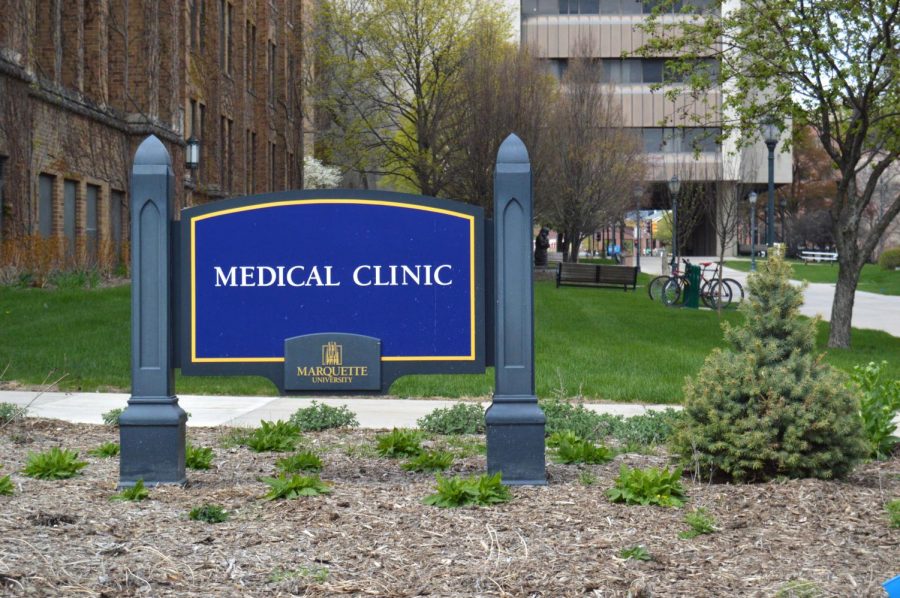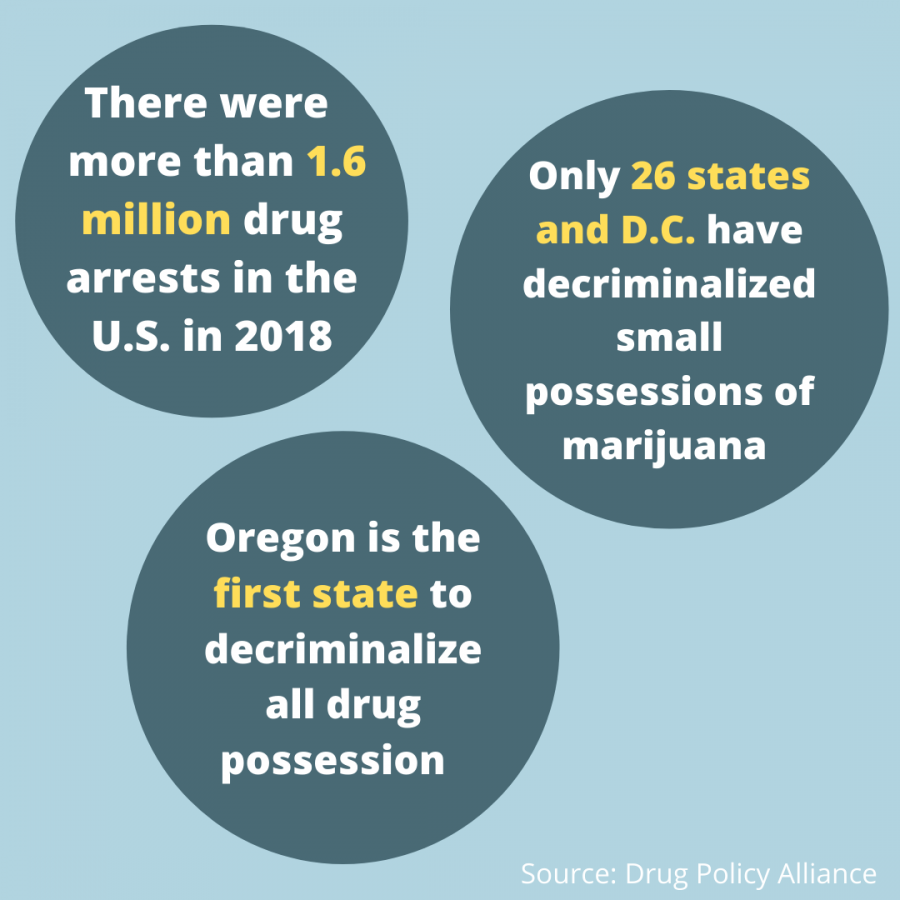A new study conducted in New Zealand and released Aug. 27 has found that persistent cannabis use over an extended period of time during adolescence causes on average an eight-point drop in intelligence.
The study, which was conducted by researchers from Duke University in conjunction with faculty from New Zealand’s University of Otaga, was published in the peer-reviewed journal Proceedings of the National Academy of Sciences and was one of the first to distinguish between cognitive problems the person might have had before beginning marijuana use and those that were apparently caused by the drug.
The study followed 1,037 New Zealanders from their births in 1972 or 1973 to age 38 while frequently inquiring about their cannabis use. After extensive and periodic intelligence testing that began when the subjects were 13 and concluded when they were 38, the study concluded that, on average, these long-term users’ intelligence decreased proportionally with the amount of marijuana consumed early in life.
Madeline H. Meier, a post doctoral associate from Duke and the lead author of the study, said in an email that the study controlled for various factors in its subjects, including level of education.
“Marijuana is not harmless, particularly for adolescents,” Meier said. “The findings are consistent with speculation that cannabis use in adolescence, when the brain is undergoing critical development, may have neurotoxic effects.”
Meier wrote that indivuduals who lose eight points in their IQ score drop from the 50th percentile of the population to the 29th.
“Individuals who lose eight points in their teens and twenties may be disadvantaged, relative to their same-age peers, in most of the important aspects of life and for years to come,” Meier said.
However, Meier said she recognizes that her study leaves room for additional research. Even though they have found a correlation between adolescent cannabis use and decreased intelligence, the researchers noted that they aren’t sure whether the impairment is reversible.
Meier also stated that the results of the study are limited to residents born in Dunedin, New Zealand, and that additional research would be needed to determine if the results are similar in other countries and with today’s teenagers.
Despite this, Anthony Lanz, a senior in the College of Arts & Sciences who started Green Health, a student organization dedicated to the legalization of medicinal marijuana in Wisconsin, believes that the study should be be looked at cautiously.
“It’s hard to really know the effect of something based on one study,” he said.
Lanz said that although the study does have some valid points, he believes that smoking isn’t the only thing that can have detrimental effects on a teenager’s developing brain.
“Heavy usage of anything that affects one’s brain chemistry will have side effects later in life,” Lanz said.
The Science and Management of Addictions Center, a private non-profit organization based in Seattle, has frequently shown that there is a correlation between addiction and brain development that usually manifests itself later in a teenager’s life.
Lanz’s main concern with the study is that people will look at it with a closed mind. He said he is afraid that people will look at the study and use it to support the negative stigma that is currently associated with marijuana.
“There are people in high places who have smoked marijuana,” Lanz said. “So if there are so many successful people who do say they have smoked, it should help to destroy the stigma that surrounds marijuana.”
Cpt. Russell Shaw of Marquette’s Department of Public Safety said the university is required to report any case associated with marijuana or marijuana paraphernalia to the Milwaukee Police Department.
“If we are notified of drug use in a residence hall, or if we run into someone we find in the street that is involved with any type of drug, we are obligated to call (MPD),” Shaw said.
According to the Marquette drug policy on the Office of Student Development’s website, “The full professional resources of the University Counseling Center, Student Health Service and all other student personnel services are available to assist any student to meet problems related to involvement with drugs.”









